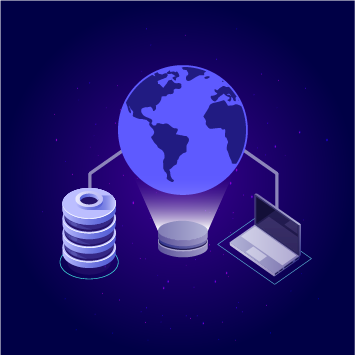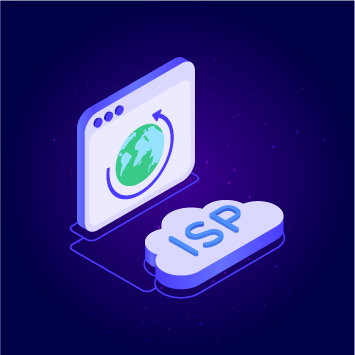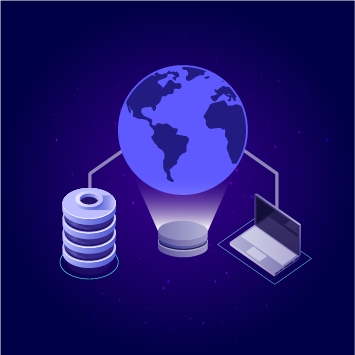Alright, so you’ve decided to dive into the mysterious world of proxy IPs. Maybe you’re trying to dodge some geo-restrictions, scrape some data, or just feel like a super-spy. Whatever your reason, let me stop you right there—this isn’t as simple as picking the cheapest option and calling it a day. Oh no, friend. Let me save you from a future filled with frustration and bad decisions. Here are five things you *must* understand before purchasing proxy IPs. 1. Free Proxies Are Like Free Pizza Left on the Sidewalk Sure, it’s free, but do you *really* want to risk it? Free proxies are often slow, unreliable, and about as secure as a cardboard lock on a vault. Worse, they can compromise your data faster than you can say “identity theft.” So unless you enjoy living dangerously, steer clear of those “totally free, totally legit” proxy services. 2. Residential vs. Datacenter Proxies: Choose Wisely Think of this as a battle between authenticity and speed. Residential proxies are like undercover agents—they look legit because they’re tied to real devices and ISPs. Datacenter proxies, on the other hand, are like Formula 1 cars: super fast but stick out like a sore thumb if someone’s looking closely. If you’re scraping data or doing something that requires stealth, go residential. If speed is your jam, datacenter might be your buddy. Just don’t mix them up, or you’ll end up with the wrong tool for the job. 3. Shared Proxies Are Like Roommates Who Eat Your Snacks Shared proxies might sound like a good deal—after all, sharing is caring, right? Wrong. Sharing a proxy means your internet activity is lumped together with strangers’ activities. If one of them decides to do something shady (hello, spamming), guess who’s also getting blocked? Yep, you. Go for private proxies unless you enjoy being collateral damage. 4. Location Matters More Than You Think Want to access content in Japan? Then don’t buy a proxy based in Brazil—it’s not rocket science! Always check where the proxy is located and make sure it aligns with your needs. Otherwise, you’ll be stuck wondering why Netflix still thinks you’re in Kansas when you’re trying to watch that exclusive anime in Tokyo. 5. Cheap Proxies Are Like Cheap Sunglasses Sure, they look fine at first, but they’ll break the moment you actually need them. Cheap proxies often come with terrible speeds, poor reliability, and a whole lot of headaches. Invest in a reputable provider—it’s worth it to avoid screaming at your screen at 2 AM because your proxy keeps disconnecting mid-task. Final Thoughts Buying proxy IPs doesn’t have to be a nightmare if you know what you’re doing. Avoid the free stuff, pick the right type of proxy for your needs, and don’t cheap out unless you want to spend more time troubleshooting than actually using them. Now go forth and proxy responsibly—your future self will thank you!
2025-02-10





